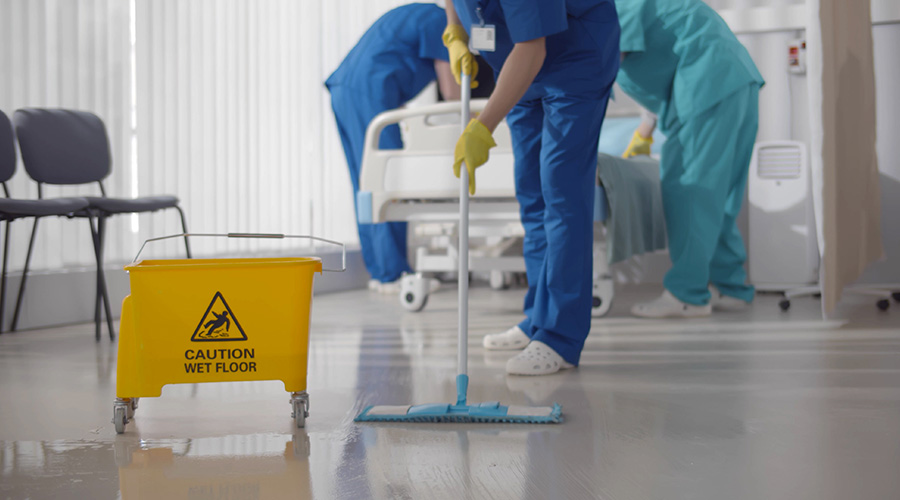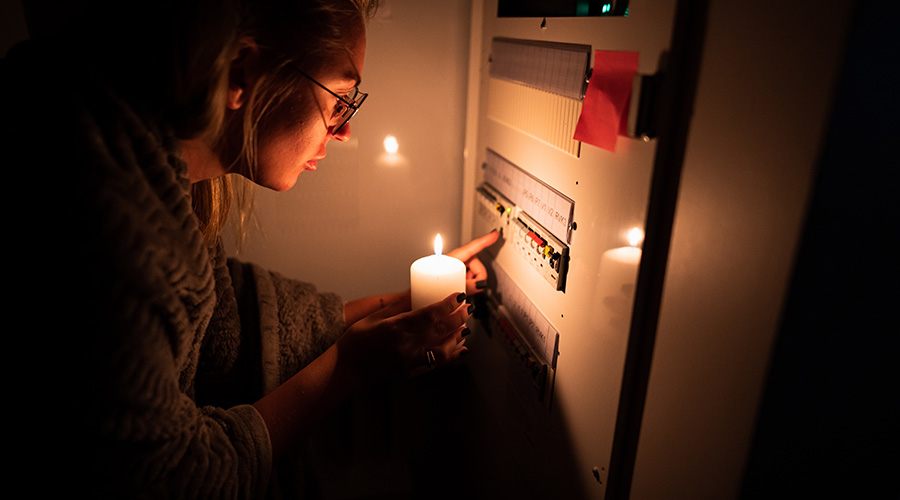Clostridium difficile (C. diff) spores are resistant to routine hospital disinfectants and require extra cleaning measures. So Mayo Clinic’s Rochester (Minn.) campus is now using robots to fight the bacteria, according to an article on the Infection Control Today website.
The stationary devices emit pulses of ultraviolet (UV) light that kill C. diff spores on exposed surfaces.
Mayo piloted the devices in October 2014 as part of a quality improvement project with the Joint Commission Center for Transforming Healthcare, the Centers for Disease Control and Prevention, and five healthcare systems nationwide.
During the six-month test period, Mayo saw a 30 percent decrease in C. diff infections in the group of units that received the robot cleaning.

 Building Sustainable Healthcare for an Aging Population
Building Sustainable Healthcare for an Aging Population Froedtert ThedaCare Announces Opening of ThedaCare Medical Center-Oshkosh
Froedtert ThedaCare Announces Opening of ThedaCare Medical Center-Oshkosh Touchmark Acquires The Hacienda at Georgetown Senior Living Facility
Touchmark Acquires The Hacienda at Georgetown Senior Living Facility Contaminants Under Foot: A Closer Look at Patient Room Floors
Contaminants Under Foot: A Closer Look at Patient Room Floors Power Outages Largely Driven by Extreme Weather Events
Power Outages Largely Driven by Extreme Weather Events